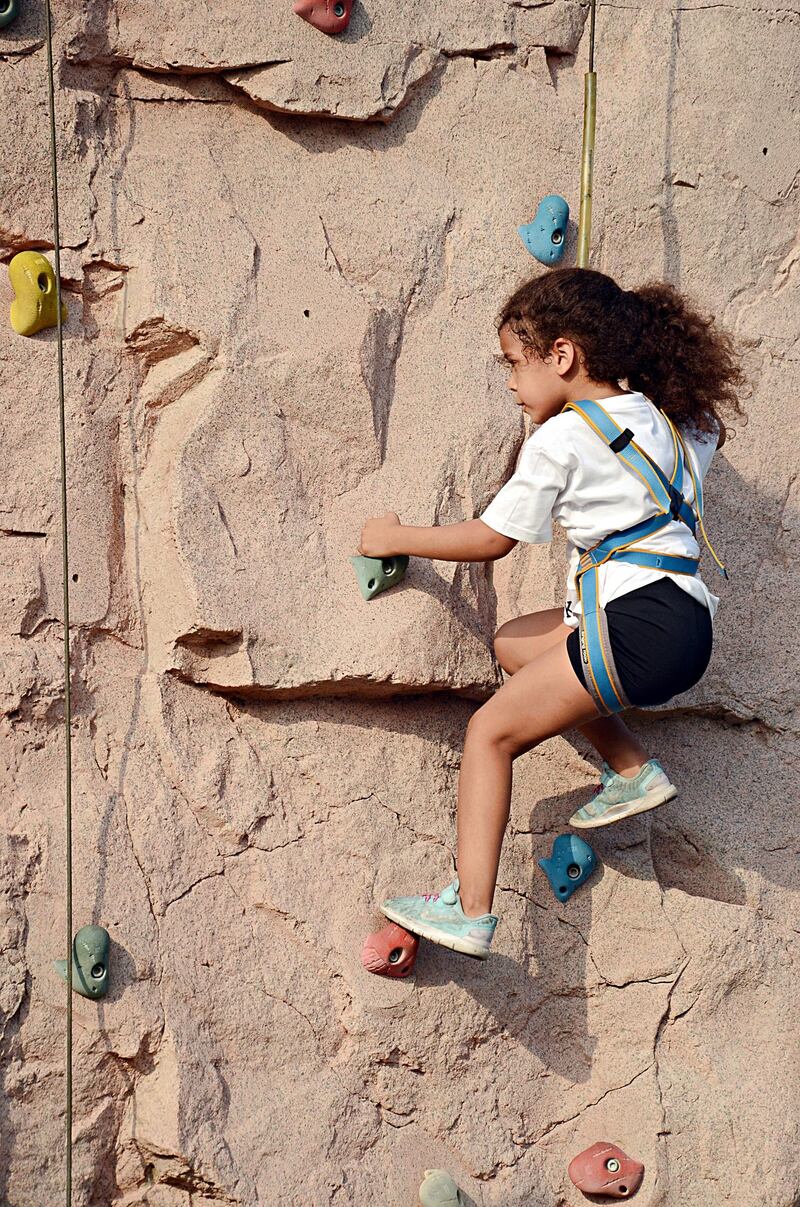Every summer, that exercise in liking or loathing known as sports day comes around to mark the end of another school year. It represents an important opportunity for class athletes to shine, but for many students, if not most of them, the event is a reminder that they are not very good at sport. Worse, many decide that they don't like sport. Hard as parents might try to make their children feel that taking part is enough, many children have decided by an alarmingly young age that if they're not on the podium, then their sporting efforts don't really count. And if students are expected to strive collectively to win a house cup, failure on the finishing line can feel even more brutal: by losing, you have let down your whole team.
Drying my eldest daughter’s tears on the field last year, I resolved to do better to help her develop a love of sport that’s impervious to sports-day failures and to turn her bitter disappointment into a shrug. “So what if I didn’t win the 100-metre sprint?” I’d like her to be able to say. “I’m looking forward to doing (insert sport here) later.” But how best to help? Here are a few tips.
Channel their inner unicorn
To stay fit and healthy, experts agree that children and young people between 5 and 18 need to do at least 60 minutes of physical activity every day, with a particular focus on cardio and strength-building routines. When children are little, running around the playground pretending to be unicorns or superheroes, they don't have to love exercise, they just do it – instinctively building their stamina and developing physical strength by playing tag or performing endless handstands. Keep that sense of fun alive by giving your children the opportunity to be active on their own terms rather than joylessly scheduling classes that you think they should like. So what if your son would rather do yoga than bowl a cricket ball?
Use insider information
Sports day is good at showcasing achievement within a narrow range of events – usually track and field with the odd egg-and-spoon race thrown in – but what about the rest of the year? Ask the school PE teacher where your child's natural talents lie and, more importantly, what sport your child enjoys most? If he or she isn't on the school team in their favourite sport, suggest that they might like to sign up at a local club where the focus is on enjoyment and participation.
‘I love watching you play’
For former youth sports coach John O'Sullivan, this five-word sentence is vital if you want your children to play a sport purely for the love of the game. The author of Changing the Game: The Parents' Guide to Raising Happy, High-Performing Athletes believes that high parental expectations play a significant role in killing sport for youngsters. Seven out of 10 American children drop out of organised sport by the time that they are 13, according to the National Alliance for Youth Sports, an American non-profit sports-training organisation. "Kids play to have fun, be with friends, to learn and wear the [team] 'stuff,'" O'Sullivan writes. They quit when the pressure to win overwhelms the fun factor, research by Michigan State University's Institute for the Study of Youth Sports has shown. So don't coach from the sidelines, yelling advice, O'Sullivan says – enjoy their enjoyment instead.
Something for everyone
If your child isn't a natural athlete, that's no reason to let him or her languish on the couch in front of a screen. Find taster sessions in archery, yoga or horse riding that build strength and rely on learnt skills rather than genetic coding. Let them try out a few new sports to see if enthusiasm takes hold. If none of these suits, move on without guilt.
Lead by example
There are lots of excuses for living a sedentary lifestyle in the UAE. If you drive to the local baqala even when the weather is temperate, always take the lift and do no sport yourself, it's unlikely your children will regard being active as a happy norm. Make an effort to encourage the whole family to keep moving on a daily basis, try something new yourself and make sure to talk about what you enjoyed or found tough about your latest keep-fit session.
It’s a family thing
Make exercise less about the activity and more about spending time together, talking and having fun. Sign up for one of the five-kilometre fun runs or organised cycle rides that regularly takes place around the UAE, then train together as a family. Make sure to set out a regular training programme with realistic goals and reward yourselves with treats to maximise the fun factor.
____________________
Read more:
How to speak to children about mindfulness
Say goodnight to insomnia: a guide to modern sleep aids
Tips on how to create your own hotel-inspired home
____________________





